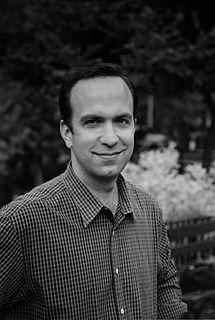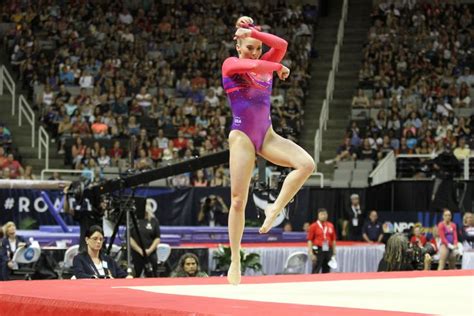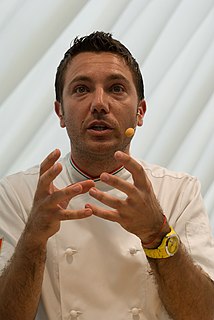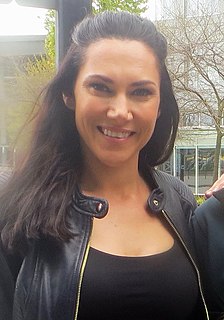A Quote by Jessica Raine
I grew up just outside Hay-on-Wye, on the borders of Wales, on a farm. It was an amazing childhood, but I got a bit stir crazy when I hit my teens. There was the feeling of having to get out, you know, but it was definitely idyllic.
Related Quotes
I felt I had a very innocent childhood and I feel privileged by that. But as an adult, I know that there were people who didn't have that. There are a lot of teens who haven't had as easy a childhood as me, and having literature that explores these "darker" parts helps relieve the burden and stress they may be feeling. As a writer, there is often a temptation to draw back when we write for teens - to preserve their innocence. But the reality is, if someone has already had that innocence taken in their life, then not writing about it is just brushing it under the rug.
Most of all, I miss that feeling when you go to sleep at night and when you wake up in the morning. It's that feeling that everything is all rightin the world. You know, that amazing feeling that you're whole, that you've got everything you want, that you aren't missing anything. Sometimes when I wake up, I get it for just a moment. It lasts a few seconds, but then I remember what happened, and how nothing has been the same since
It's just so weird coming into the gym and not feeling like, you know, 'I'm going to die.' Before it was like, 'I've got to hit that routine or I'm going to get yelled at.' So it's just been really nice to kind of relax a little bit and be able to really focus on gymnastics and get to enjoy it more.
There were a couple of times that we did end up moving the set [of Helix] outside to shoot some of the outside scenes, just because we needed a bit more space, and that ended up being a little bit more helpful and easier to breathe, when you're dealing with some of the fake snow stuff. It was a lot of fun, and it looks amazing.



































